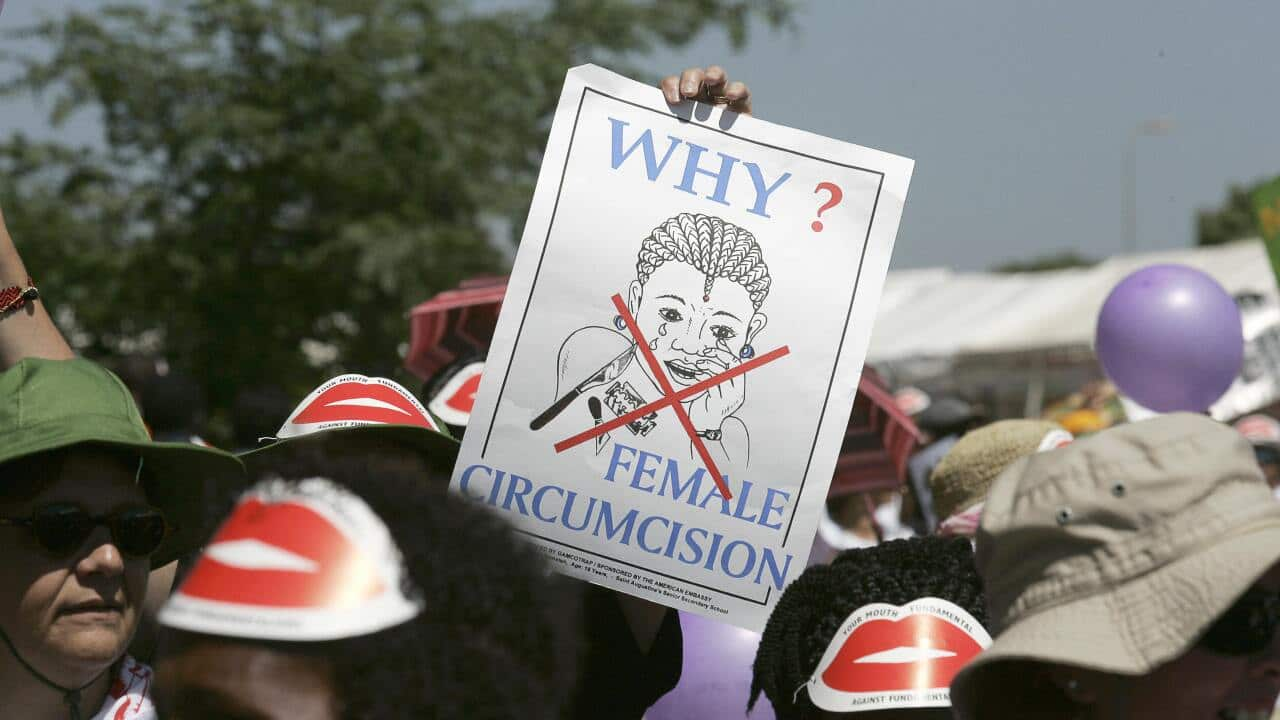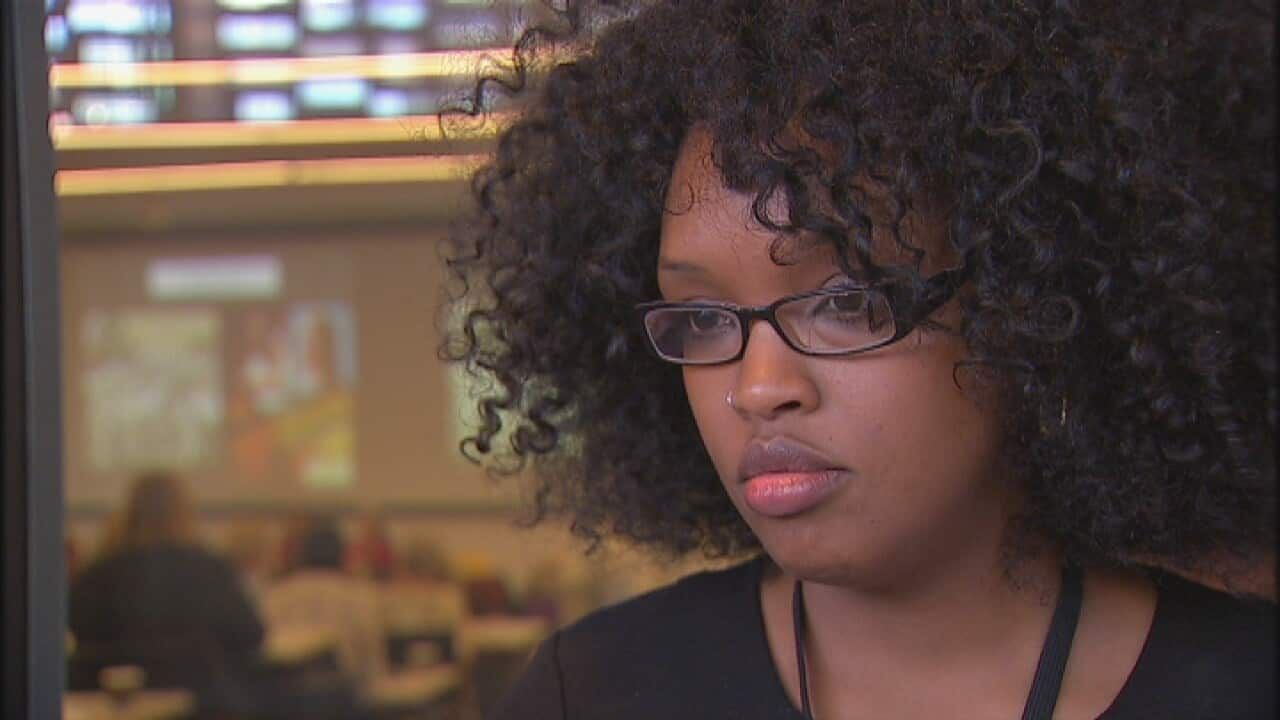Senior Health Education Officer for the New South Wales FGM education program Linda George told SBS an increasing number of services were seeking advice on how to work with affected clients.
“Most Australian service providers are not aware of FGM at all. So if a woman presents to hospital to have a baby it’s a shock and can cause a panic to the midwife herself,” Ms George said.
“So it’s about educating and making service providers skilled and equipped to deal with the sensitive care that these women need."
There are an estimated 200 million women and girls around the world who have been subjected to FGM, according to the United Nations Population Fund.
Related reading
FGM survey sheds light on hidden problem
'They aren't aware they're harming them'
It isn't known how many women and girls living in Australia have been affected by FGM.
There has been one court case involving FGM occurring in Australia, in 2016.
While there isn't evidence of the practice happening in Australia, Ms George said the number of women living in Australia who need assistance is likely rising due to increased migration from countires where the practice is common.
"We are seeing more service providers contacting us requesting training," she said.
Ms Geroge also said some women in Australia are concerned the surgery may happen to them when they return to their countries of origin to visit.
FGM is practiced in 29 countries in Africa and also in a small number of communities in some parts of the Middle East and Asia.
Ms George, who herself migrated from Sudan to Australia 27 years ago, said there are often misconceptions in the Australian community about why FGM takes place.
“The misconception is that this is a practice that is done to intimidate to break the girl, that this is parents abusing their kids. That is not the case,” Ms George said.
“When mothers take their daughters to a circumciser it’s out of them believing that this is the best thing that they do for their daughters. They are not aware they are harming them.”

(File photo) One West African refugee is on a mission to improve health services for women in her home country. Source: SBS Dateline
'The silence has been broken'
National and international advocates and workers in area of FGM will gather on Friday at a conference in Melbourne to share ideas and research.
Ms George said while Australia was one of the leading OECD nations in community and service FGM education, programs in some states have recently lost funding, despite the growing demand for services.
Amina Mahmoud Warsame is a leading international FGM researcher from Somalia, who is in Australia to address the conference.
She said despite the practice still being common in her home country, community attitudes were beginning to change.
“The last ten years the silence around the subject has been broken. People discuss it and many are actually question the validity of the practice,” she told SBS.
“It will take a long time because of the way it is so deep rooted in the mindset of people, but it is gradually changing”.
Ms Warsame said her research has shown that FGM can’t be tackled in isolation from other issues of gender equality that were prevalent in the societies were the practice is most common.
“An over holistic approach is needed, that also takes into account the empowerment of a woman from the economic side, political side, social side,” she said. “So you have to combine many things to get rid of it.”






